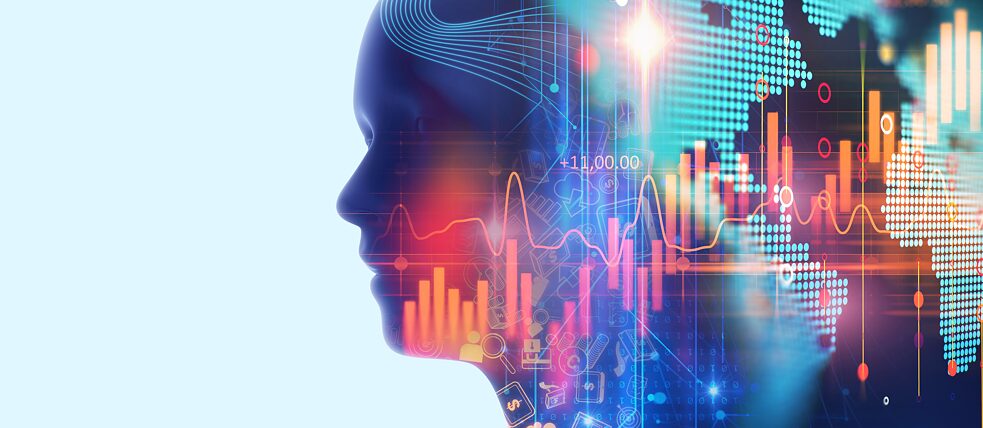OPEN CALL FOR CONFERENCE/WORKSHOP GENERATION A=ALGORITHM

Are you familiar with the implications of AI for our future?
Do you want to learn more about AI?
Do you want to change your world/the world through AI?
Do you feel that search engines do not understand you correctly?
Do you see yourself differently from the way your search engine sees you?
Do the discriminating factors of artificial intelligence bother you?
Join us and help us to shape the discourse on algorithms!
We – the Goethe-Institut Cyprus in cooperation with Cyprus Center for Algorithmic Transparency (CyCAT)- are looking for young people (18-30 years of age) from all backgrounds, who would be interested to participate in a 1.5 day workshop that will take place at the event hall of the Goethe-Institut in Nicosia next to Ledra Palace Hotel on Friday 28th 14:00 – Saturday 29th 18:00 of February.
The workshop content will include: Presentations on the Status Quo of AI/machine learning, Presentation of the GENERATION A project and the European A(i)lliance, keynote speeches, Dialog in order to develop participants’ own relevant questions/focus topics and format ideas as well as guidelines for the europewide Generation A project.
Please send us an email until 17.02.2020 to kultur-nikosia@goethe.de and answer the following questions:
Write a very short application text (up to 250 words) describing who you are and why you are interested to participate at the workshop. Please be sure to include the following information about yourself:
o What are you doing at the moment? (school, work, university)
o Are you active in any organizations / groups?
o Besides the workshop; would you be interested to take part in this project for longer (next months or up to two years)? This would involve the invitation to a workshop later in the year in Berlin and collaboration with approx. 20 other young people from all over Europe. (all expenses paid)
Background of the project Generation A
Big data, algorithms, deep learning, the combination of information and biotechnology: AI (Artificial Intelligence) is changing our world and our lives from the bottom up. While the economy is already exploiting the potential of this development, politics and civil society are lagging behind. Already at the beginning of digitization in the mid-1990s, efforts were made in Europe to create an open and critical network culture. This approach, which ties in with the ideals of the European Enlightenment and the notion of responsible citizens, should also play a decisive role in the debate on AI. How do you generate algorithms that do not reproduce or even reinforce prejudices? How can AI support an open, democratic society? The lives of the next generations will be significantly affected by these questions and discourses on justice and participation.
Goal of the project Generation A
The project “Generation A = Algorithm”, which the Goethe-Institut is realising in 2020/21 together with partners and experts, aims to sensitise generations Y and Z to the technical and ethical developments in the field of AI. After all, these two generations will set the course for the next generation, Generation A, and their everyday use of algorithms. The aim is to stimulate a social debate about existing approaches, potentials and risks of AI within the young generation. Furthermore, a network of European institutions and interest groups will be established. This network – a European A(i)lliance – will accompany and advise the project over a period of two years.
Target group of the project Generation A
The focus is on generations Y and Z (18 to 30 year old), who will determine and be responsible for the developments for “Generation A = Algorithm”, including but not limited to activists, artists and programmers. A particular concern is to involve young adults from circles that will be particularly affected by the influence of the algorithms: less privileged population groups, people with difficult access to academic education, and people of colour.
“Generation A=Algorithm” is a project by the Goethe-Institut, supported with special funds from the Federal Foreign Office for the German EU Council Presidency in 2020.
28 February 2020 2:00 pm (EET)
Goethe-Institut Zypern, 21 Markou Drakou, 1102 Nicosia